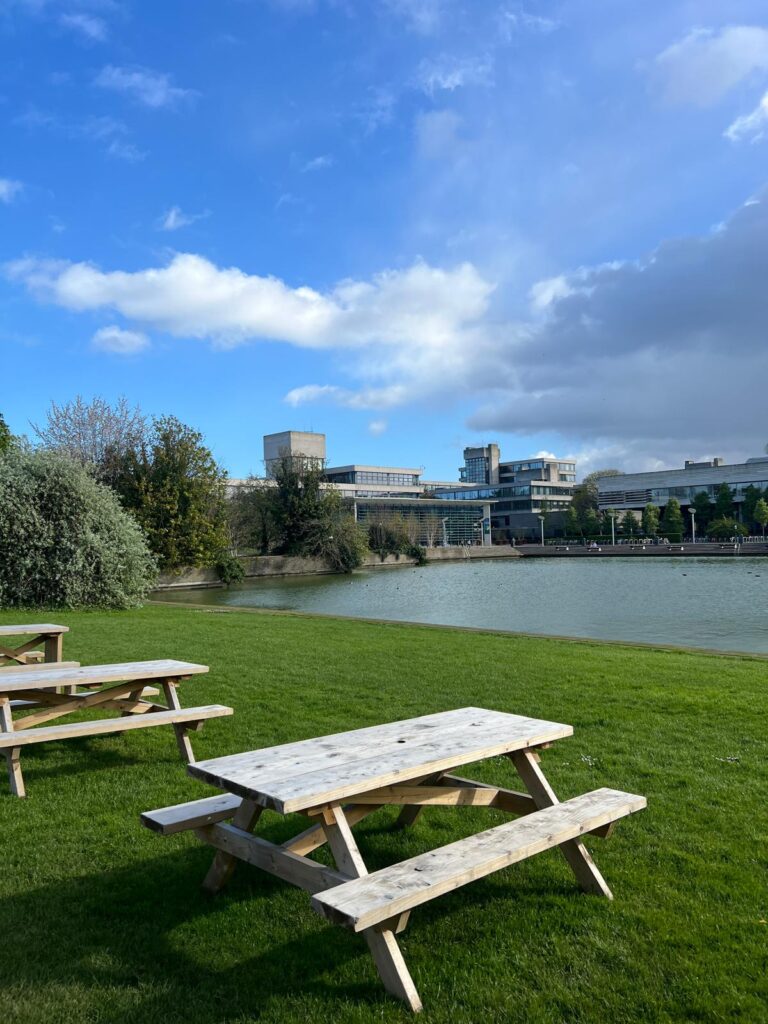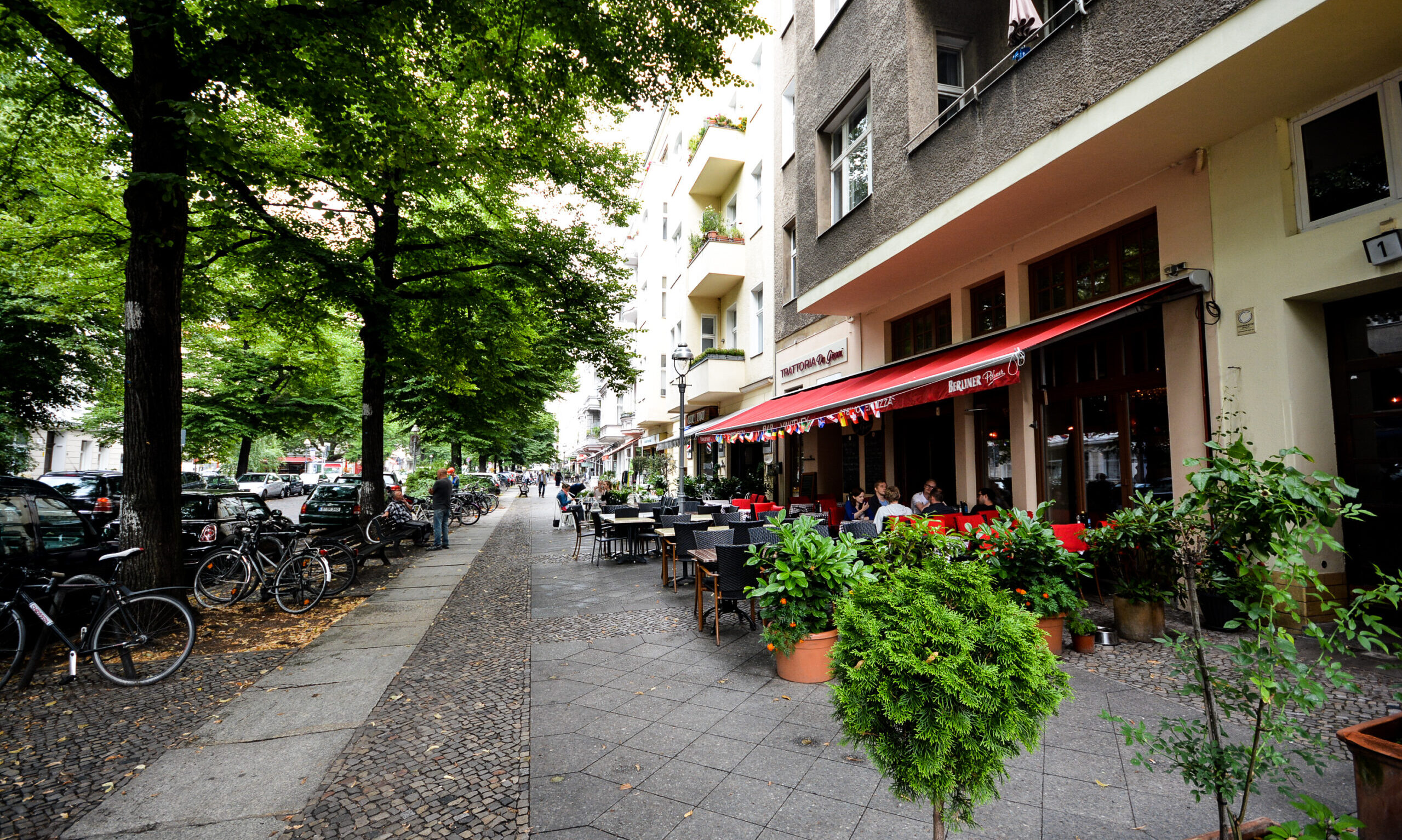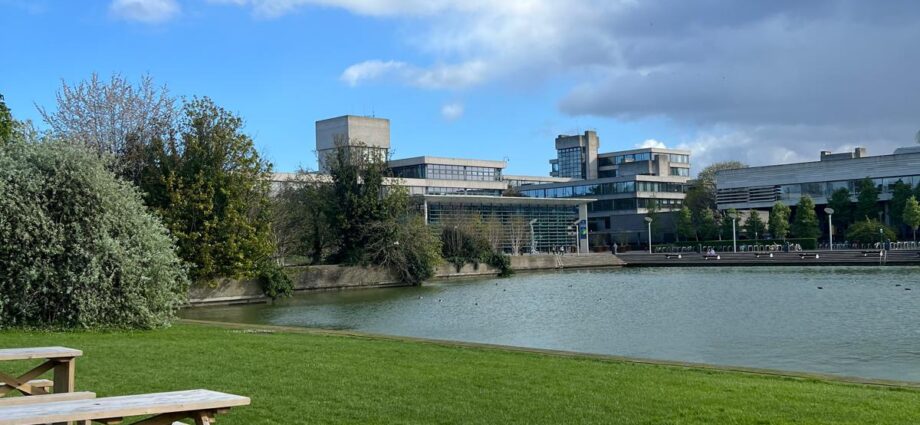By John Warren Tamor, Urban Communicator at Pedestrian Space
For those of us fortunate enough to have lived on college campuses designed on a human scale—with dormitories, cafeterias, libraries, classrooms, shops, and sports facilities all within a comfortable walking distance—our university experience often brings to mind the ideal of the fifteen-minute city.
University campuses are thoughtfully designed with students in mind. Looking back at my time as a bachelor’s student at the University of the Philippines Los Baños, I recall a campus that harmoniously blended academia with nature. Walking through its expansive greenery, attending classes in time-honored buildings, and engaging in lively discussions amidst the serene surroundings of Freedom Park instilled a profound sense of community and intellectual curiosity. The accessibility to museums, theatres, and gardens further enriched my educational journey.
Indeed, the development of educational institutions often requires considering how spaces can be conducive to learning and provide a livable environment for a population that often cannot rely on cars or a steady income.
In some countries, this means the government subsidizes college accommodations, and ensuring students have access to ample intellectual and cultural opportunities around campus. For instance, I am currently living in subsidized housing for students here in Germany while I am taking my internship for my European master’s program. Other students benefit from moving across school grounds safely and conveniently, often requiring no more than a bicycle or a walk—which speaks a lot about equitable mobility.

While not every institution of higher learning offers this ‘utopia’, and students around the world still often face financial and academic challenges during their university years, many of us yearn for the livable university model to extend beyond our college days. This vision of a community where everything is within reach and life is centered around learning and growth is something we hope to see in our everyday lives beyond graduation.
We hope to explore this notion of the university vis-à-vis the city through the Global Walkability Correspondence Network: University Chapter (GWCN Uni). Through the chapter, we aim to inspire cities to adopt the principles that make university life so enriching, creating environments where people can thrive without the constant reliance on cars, much like our cherished days on campus.
In GWCN Uni, we want to strengthen our connection with the academia and its community by reflecting on the spaces that nurtures our education and we hope to advance knowledge through rigorous research into best practices for campus walkability. We will publish our findings, guiding policy-makers and stakeholders in their decisions to create more accessible and environmentally conscious educational environments.
Central to our mission is the cultivation of a vibrant community of practice which includes students, professors, staff, and lifelong learners. We facilitate the exchange of experiences, strategies, and solutions among our members. By empowering individuals with insights into effective walkability initiatives, we contribute to the global dialogue on urban sustainability.
Together, we hope GWCN-Uni can champion inclusive and environmentally conscious practices, ensuring that the ideals of a livable university extend far beyond graduation, enriching lives and communities for generations to come.
About the Author

John Warren is an urban communicator with a keen interest in mobility futures, platform urbanism, and smart + sustainable cities and communities. Growing up in the slums of Manila, he realised his desire to challenge the urban status quo in the Philippines. During his years in journalism, his beat revolved on critical urban issues about migrants, the informal economy, gentrification, natural disasters, and land and water conflicts.
He has been a student for twenty-one years of his life. He is now pursuing his master’s degree in Transition, Innovation, and Sustainability studies across multiple European cities, including Lisbon, Dublin, Stuttgart, Poznan, and Vienna.
If you are interested in the work of GWCN-Uni, please contact him at jwar.tmr@gmail.com.
Learn more about the Global Walkability Correspondents Network here

